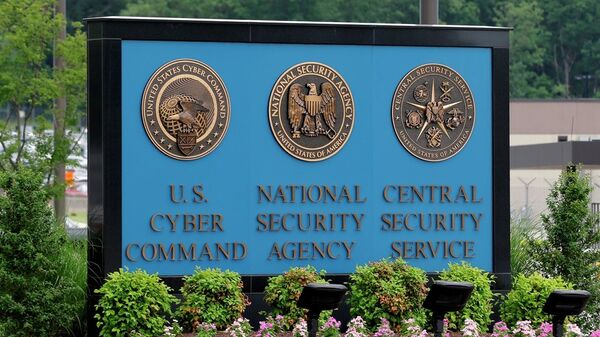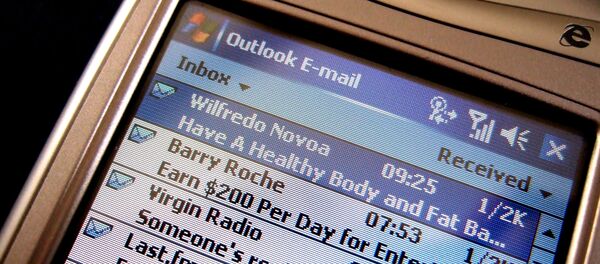The submissions are important, the EFF says, because despite leaks from former NSA contractor Edward Snowden and other sources, the government still maintains that individuals and organizations cannot sue because only they have failed to show that the NSA collected bulk data.
Meanwhile, the government has refused to disclose which agencies participated in the collection, saying such information is a state secret.
The EFF submitted government filings in the secret Foreign Intelligence Surveillance Court (FISC) that were recently made public.
"The filings confirm that AT&T, Verizon, Verizon Wireless, and Sprint participated in the NSA's programs since they report on a 'compliance incident' involving those companies," the EFF said in a release.
One of the documents is a letter sent from the Department of Justice to the FISC describing how the agency failed to comply with an order the court issued in 2010. The subject line of the letter references that the order was for records from AT&T, Verizon, Verizon Wireless, and Sprint.
The other document, previously made public by the Office of the Director of National Intelligence, confirms that the spying program referred to in the DOJ letter is indeed the mass collection of phone records by the NSA.
The EFF is using the evidence in the case of Smith vs. Obama, in which Anna Smith is suing the US government over its bulk collection of telephone records, and the case of First Unitarian Church of Los Angeles v. NSA, in which 22 organizations are suing the NSA for their First Amendment right of association.
"EFF believes it's long past time that the NSA come clean about the major providers like AT&T and Verizon involved in its various mass surveillance programs," the organization said in the same release.
"The American people deserve better and the courts deserve not to be forced to contend with what, at this point, has become largely a charade."




